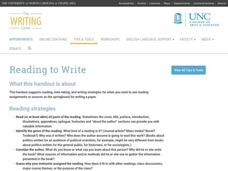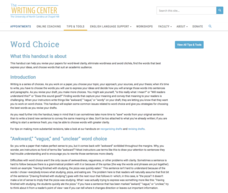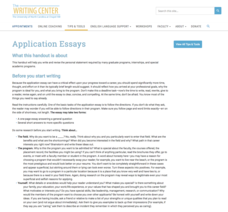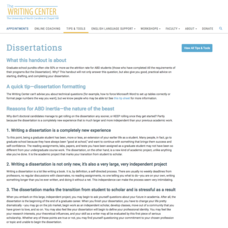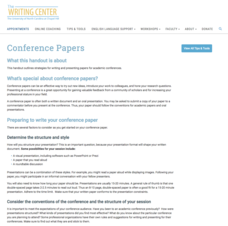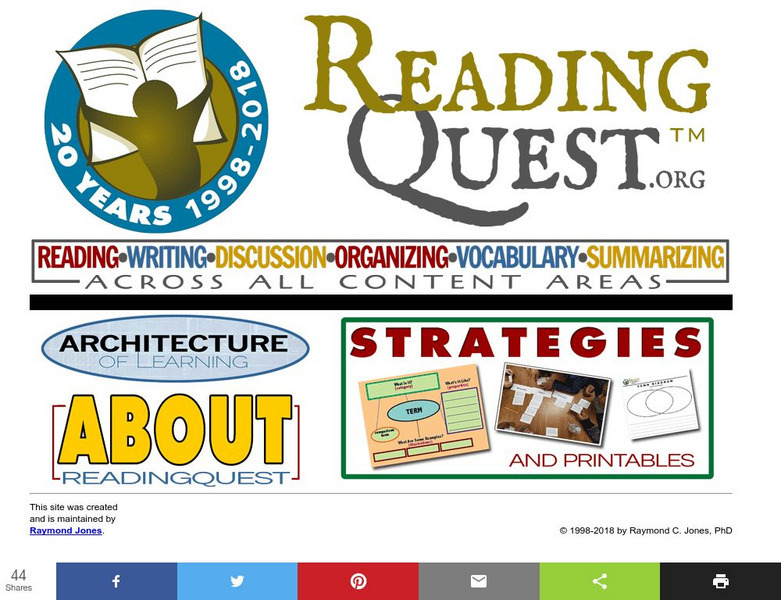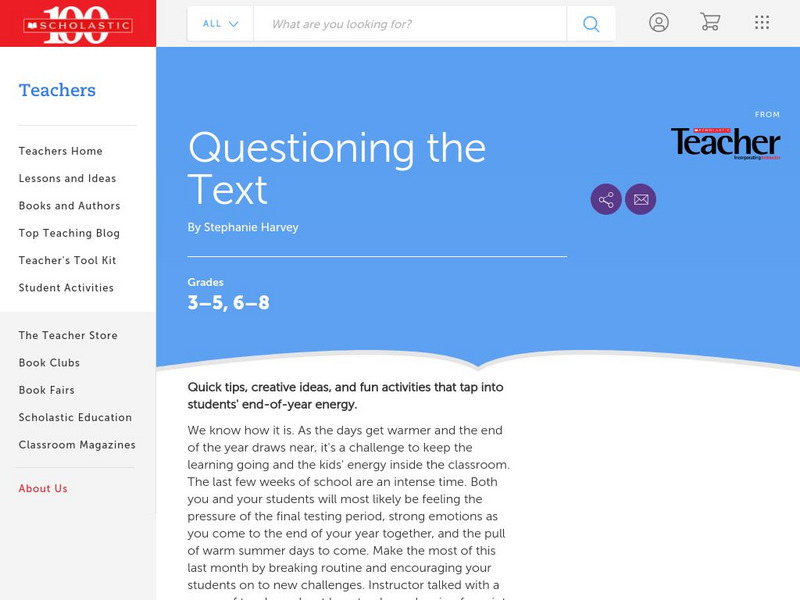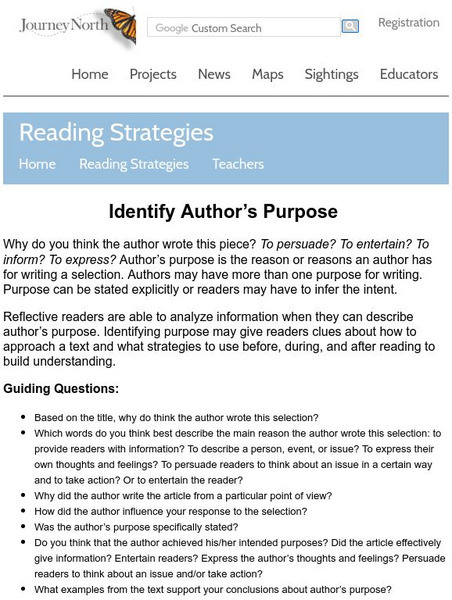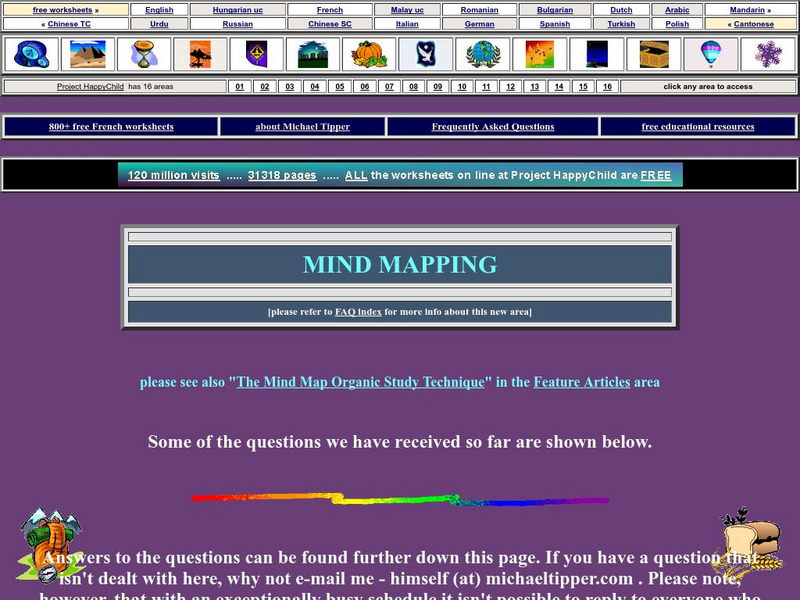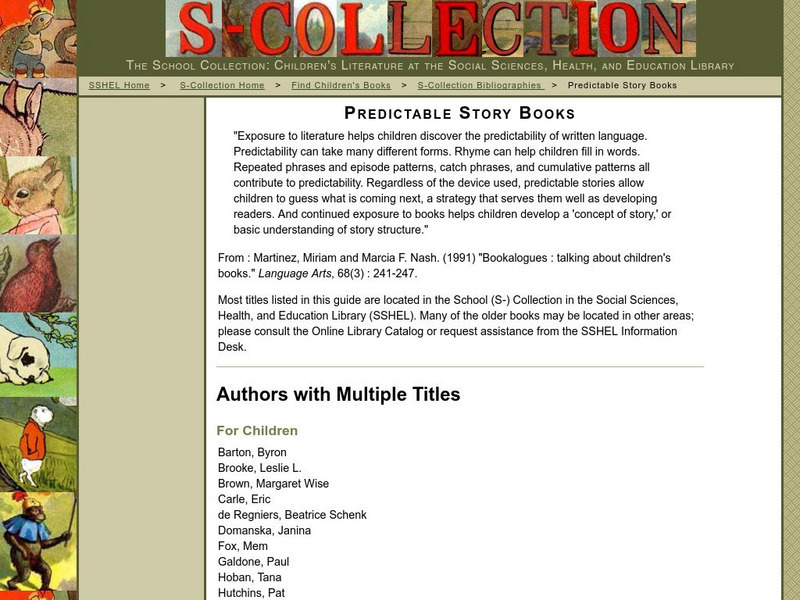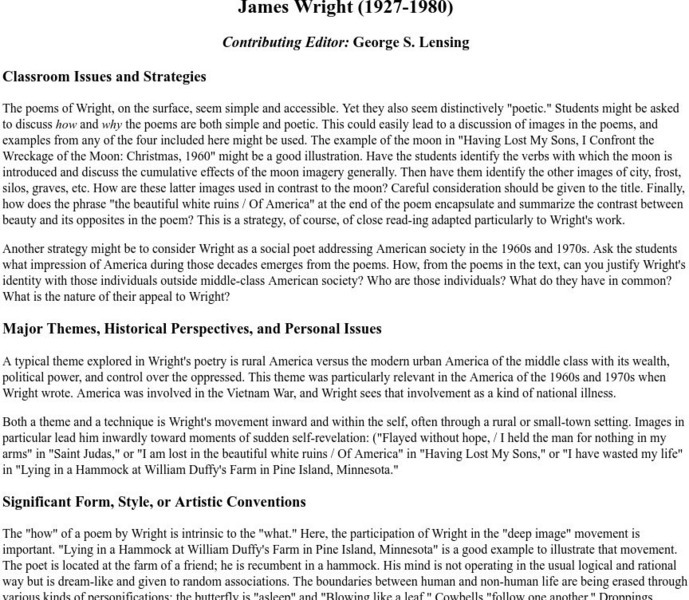University of North Carolina
Reading to Write
Silly journal and essay prompts may be fun to write, but they don't model the kind of writing needed for college papers and standardized tests. The 15th part in a series of 24 covers the concept of reading to write—during and after...
University of North Carolina
Essay Exams
For decades, the sight of blue books has struck fear in the hearts of collegians. Those books usually signal an essay exam, the topic of one of the handouts in a larger series on specific writing assignments. Using the handout, writers...
University of North Carolina
Book Reviews
Reading goes beyond taking in information—it also involves forming impressions about what we read. Sometimes we share those impressions through book reviews, a specific type of writing outlined in a handout on the topic. Using the...
University of North Carolina
Word Choice
Words matter, particularly in academic writing. Issues such as vague language, wordiness, and cliches make it difficult to get a point across. Part of a larger series to improve writing skills, the handout on word choice shows writers...
University of North Carolina
Application Essays
There's a lot riding on good writing! Often, an application essay is the difference between acceptance and rejection. As part of a series on specific writing assignments and contexts, a handout helps scholars craft the perfect personal...
University of North Carolina
Dissertations
Bring on the coffee—it's dissertation time! As a handout on dissertations explains, over 50 percent of PhD candidates never finish their dissertations. The handout, part of a larger series on specific writing styles, helps motivate...
University of North Carolina
Summary: Using it Wisely
Sometimes summarizing keeps a writer from going deeper into their analysis—don't fall into that trap. Learn the difference between summarizing and analyzing using an insightful resource. Focusing on introductions, the lesson shares...
University of North Carolina
Argument
What elements make up a successful argument? A helpful resource describes aspects of an argument such as the claim, evidence, counterargument, and audience. Perfect as an individual assignment for a flipped lesson or collaborative work,...
University of North Carolina
Art History
Art analysis might help uncover some of life's most puzzling questions, such as the mystery behind Mona Lisa's smile. The handout, from the Writing for Specific Fields series, is particularly useful for those interested in pursuing art...
University of North Carolina
Conference Papers
In the world of academia, conference papers and presentations play a big role. It's through conference papers that professors and graduate assistants share their research with others in the field. A handout on conference papers, part of...
Other
Reading Quest: Making Sense of Social Studies
Teaching students to read well in areas other than language arts requires teaching and reinforcing the kinds of reading strategies taught here. There are 27 strategies, ranging from brainstorming to word mapping. The site includes PDF...
Other
Wisconsin Educational Communication Board: Into the Book
This series of videos and interactive activities provide an excellent set of resources for teaching or learning the 8 research based reading strategies provided here. After receiving your "key" you can investigate the features inside and...
Scholastic
Scholastic: Questioning the Text
In this magazine article originally featured in Instructor, the reading strategy called "questioning the text" is explained by the renowned literacy consultant and staff developer, Stephanie Harvey. The steps included for questioning the...
Other
Reading Educator: Question Answer Relationships
Based on the presumption that every teacher shares responsibility for teaching reading, this page offers a brief look at question-answer relationships, as well as suggestions for putting the strategy to use in the classroom.
Annenberg Foundation
Annenberg Learner: Journey North: Reading Strategies: Identify Author's Purpose
Learn about author's purpose and how to identify it with a list of guiding questions.
Reading Rockets
Reading Rockets: Decoding and the Jabberwocky's Song
What is reading? Explore this article from to find the answer to this question.
Dartmouth College
Dartmouth College: Reading Techniques: Sq3 R Method for Thorough Study
A brief description of the SQ3R method of reading comprehension and how it can be used to improve study habits.
Other
Reading Comprehension: Question Answer Relationships
If you need help working with your students on questioning a text or if you are working on higher-level questioning skills, this is a simple and helpful site. Printable resources available from site.
Joe Landsberger
Study Guides & Strategies: How to Read an Essay
Use this guide when reading an expository text or any type of essay, as it provides important questions you should ask yourself while you read. You can access this page in multiple languages from the English homepage.
Other
Project Happy Child: Mind Mapping
This British web site gives a basic overview, answers questions about mindmapping, and offers suggestions on this topic. Several books are recommended. Explore the links for more information.
University of Illinois
University of Illinois: Predictable Story Books
Several examples of predictable books are listed and organized according to type. In addition to providing titles of children's books, this resource lists related titles for young adult readers. The bibliography includes several...
Cengage Learning
Heath Online Instructor's Guide: James Wright (1927 1980)
Contains useful information for teaching the Ohio poet James Wright. Includes sections called "Classroom Issues and Strategies," "Major Themes, Historical Perspectives, and Personal Issues," "Significant Form, Style, or Artistic...
